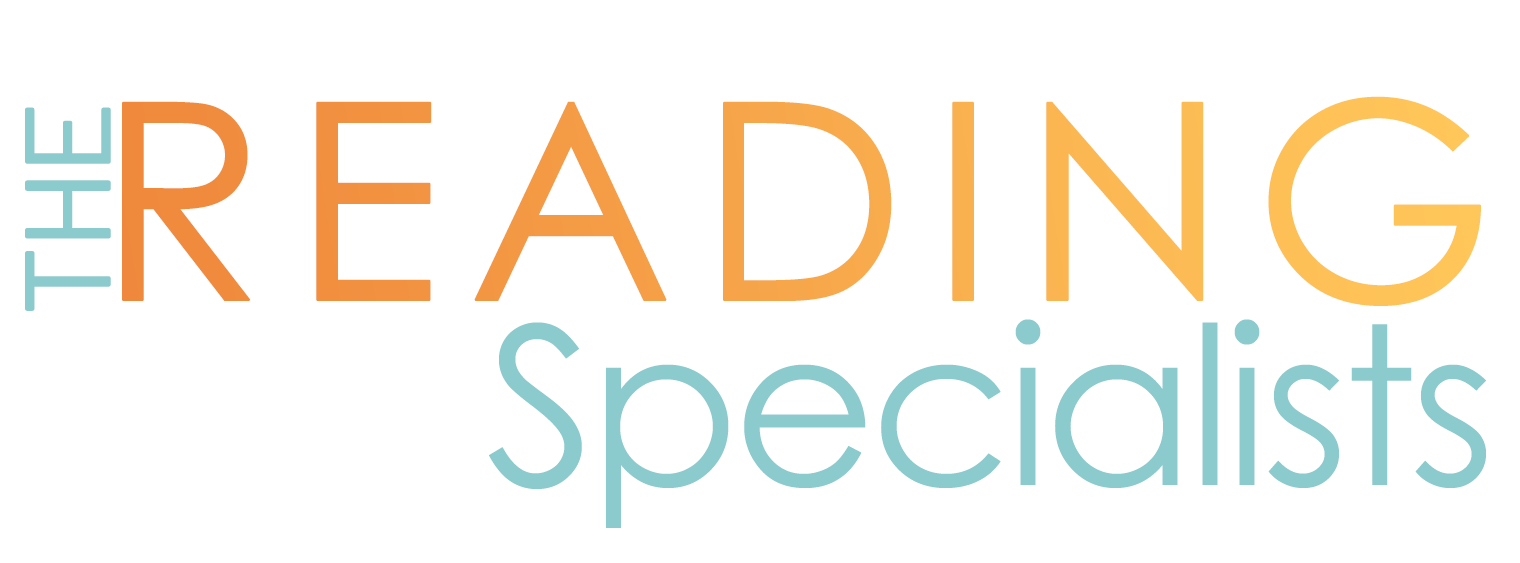Phonemic Awareness – What is it and why is it a crucial reading skill?
Phonological and phonemic awareness are essential skills for children who are learning to read. These skills involve the ability to hear and manipulate the individual sounds (phonemes) in words.
Phonological awareness is the understanding that words are made up of smaller units of sound, such as syllables and phonemes. For example, a child with strong phonological awareness would be able to break the word “cat” into its individual sounds: /c/ /a/ /t/.
Phonemic awareness is a more specific form of phonological awareness and refers to the ability to identify and manipulate individual phonemes. For example, a child with strong phonemic awareness would be able to identify the /c/ sound in the word “cat” and change it to an /h/ sound to make the word “hat.”
These skills are crucial for children as they begin to learn to read because they provide a foundation for understanding how letters and sounds are connected. Without strong phonological and phonemic awareness, children may struggle to decode new words and may have difficulty with reading fluency and comprehension.
Research has shown that children who have strong phonological and phonemic awareness skills before they start reading tend to have an easier time learning to read. Parents can help their children develop these skills by playing games that involve listening for and manipulating sounds in words, such as clapping out syllables in words or identifying the first sound in a word. Reading aloud with children and emphasizing the sounds of words can also help develop these skills.
Overall, phonological and phonemic awareness are key skills that children need to learn to read effectively. By encouraging the development of these skills, parents can help ensure that their children have a strong foundation for learning to read and for becoming successful readers.





